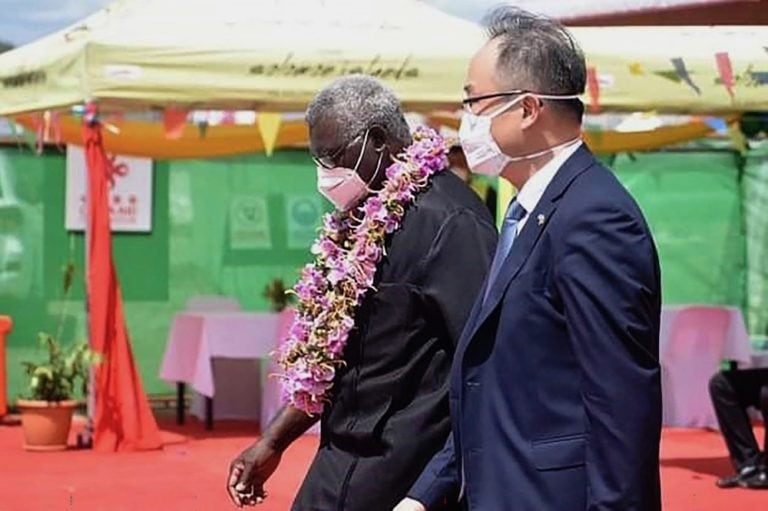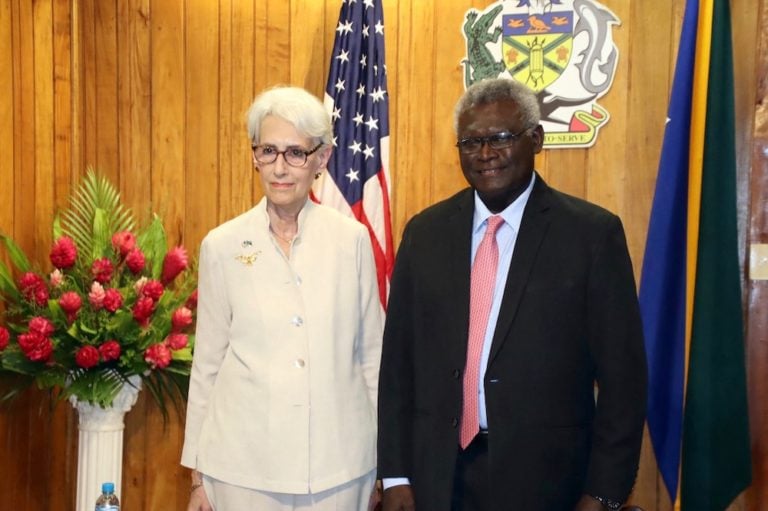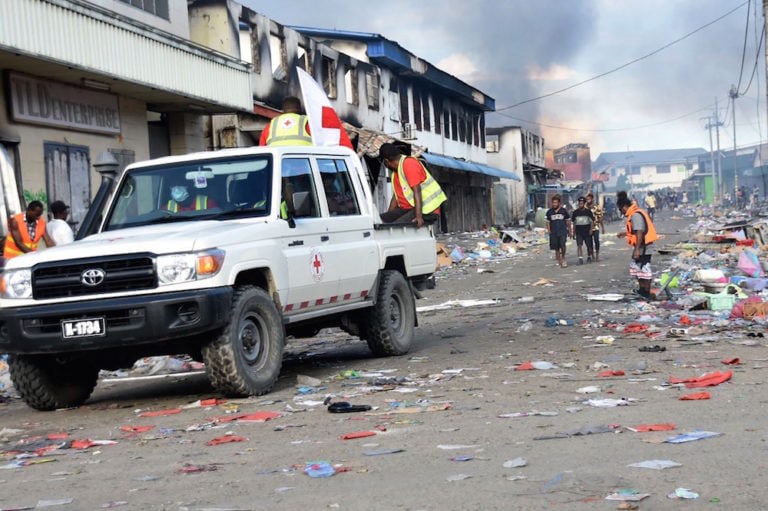(CPJ/IFEX) – CPJ is deeply concerned over your administration’s decision to impose draconian regulations governing all media coverage of the ethnic tensions there. **Updates IFEX alert of 30 June 1999** On 28 June, the Governor General issued an amendment to the Emergency Powers Act of 1999 that threatens journalists who violate state-imposed reporting restrictions with […]
(CPJ/IFEX) – CPJ is deeply concerned over your administration’s decision to
impose draconian regulations governing all media coverage of the ethnic
tensions there.
**Updates IFEX alert of 30 June 1999**
On 28 June, the Governor General issued an amendment to the Emergency Powers
Act
of 1999 that threatens journalists who violate state-imposed reporting
restrictions with up to two years imprisonment or a fine of up to SI$5,000
(US$1,050), or both. The regulations prohibit any reporting that “may incite
violence”, “is likely to cause racial disharmony,” or that is “likely to be
prejudicial to the safety or interests of the state.” There are also
provisions in the amendment that criminalize the possession of an official
document by anyone “who has no right to retain it.”
In order to avoid the risk of harsh penalties, the Solomon Islands
Broadcasting Corporation has stopped all live broadcasts of news produced by
the British Broadcasting Corporation, Radio Australia, and Radio New Zealand
International. According to CPJ’s sources, all foreign journalists left
Solomon Islands by 30 June.
The amendment was issued following official concerns that reporting on the
ethnic conflict on Guadalcanal-the island where Solomon Islands’ capital,
Honiara, is located-was undermining government-sponsored efforts to end the
fighting. Clashes between armed militants native to Guadalcanal and settlers
from neighboring Malaita island have escalated over the past six months,
forcing thousands of Malaitans from their homes. This week, the various
parties to the conflict agreed on the broad outlines of a peace accord,
during negotiations brokered by Commonwealth envoy Sitiveni Rabuka, the
former prime minister of Fiji.
CPJ joins its colleagues on Solomon Islands in expressing deep dismay over
the emergency regulations, which sharply limit the ability of journalists to
report on issues of great public importance. In an editorial published on 30
June, the English-language daily Solomon Star noted that “The wording of the
regulations comes straight from the colonial era . . . [and] do Solomon
Islands’ democracy a major disservice.”
The regulations are a flagrant violation of Article 19 of the Universal
Declaration of Human Rights-which guarantees the “right to freedom of
opinion and expression” and includes the right to “seek, receive and impart
information and ideas through any media”-and disregard the principles
established by the Commonwealth’s Harare Declaration of 1991.
Recommended Action
Send appeals to the prime minister:
amendment immediately
Appeals To
His Excellency Bartholomew Ulufa’alu
Prime Minister, Solomon Islands
Honiara, Solomon Islands
Fax: +677 254 70
Please copy appeals to the source if possible.


